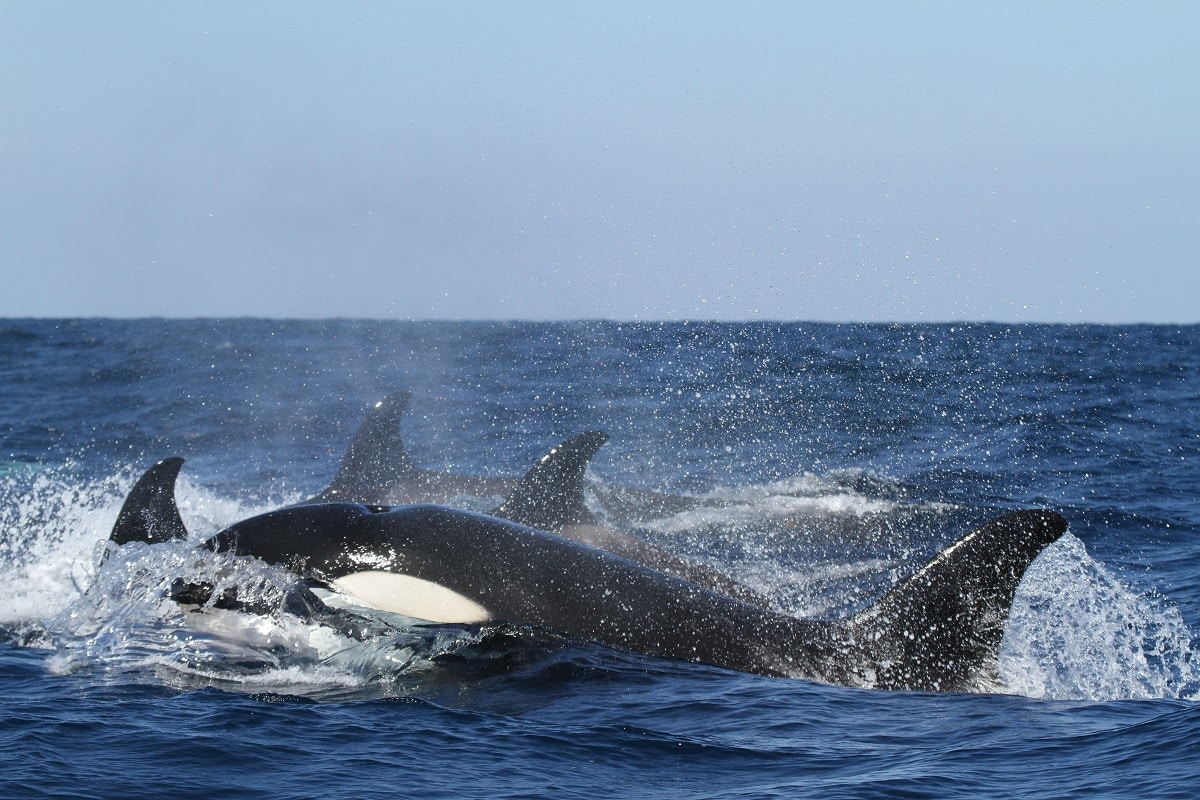Orcas, also known as killer whales, are majestic and intelligent creatures that captivate our imagination. These magnificent marine mammals are highly social and display remarkable hunting techniques. In this article, we will dive into the world of orcas and explore 10 fun facts that will deepen your appreciation for these extraordinary beings.
Fun facts about orcas
- Apex Predators: Orcas are apex predators, meaning they are at the top of the marine food chain. With their incredible hunting skills and cooperative behavior, they can prey on a wide range of marine animals, including fish, seals, sea lions, and even other whale species.
- Family Matters: Orcas live in tight-knit family groups called pods. These pods consist of related individuals led by a matriarch, usually the oldest female. These familial bonds are strong, and members of a pod collaborate in hunting, caring for young, and socializing.
- Diverse Diet: While fish is the primary food source for most orcas, they are known to exhibit regional dietary variations. Some orca populations specialize in hunting marine mammals, while others feed primarily on sharks, squid, or even seabirds. Their adaptability and ability to switch diets demonstrate their ecological versatility.
- Masterful Communicators: Orcas have a complex system of vocalizations and unique calls that vary among different populations. Each pod has its own distinctive dialect, and orcas can recognize the voices of their family members. Their communication skills are highly sophisticated and crucial for hunting and social cohesion.
- Cultural Traditions: Orcas exhibit cultural behaviors that are passed down from generation to generation within their pods. These behaviors can include hunting strategies, vocalizations, and even play patterns. These cultural traditions contribute to the distinctiveness of each pod and highlight their intelligence and adaptability.
- Acrobatic Displays: Orcas are known for their impressive acrobatic displays, such as breaching, where they leap out of the water and crash back down with a tremendous splash. They also perform tail slaps, where they slap the water’s surface with their tails, and spy-hopping, where they poke their heads out of the water to observe their surroundings.
- Extraordinary Speed: Despite their large size, orcas are incredibly fast swimmers. They can reach speeds of up to 34.5 miles per hour (56 km/h), making them one of the fastest marine mammals. Their streamlined bodies, powerful tails, and strong muscles contribute to their remarkable speed and agility.
- Global Distribution: Orcas are found in oceans worldwide, from the freezing waters of the Arctic to the tropical seas. They have adapted to diverse habitats, including coastal areas, open ocean, and even fjords. Different populations of orcas display variations in behavior, diet, and physical characteristics, reflecting their unique adaptations to their specific environments.
- Lifespan and Longevity: Orcas have a long lifespan, with males typically living between 30 and 50 years, and females often exceeding 80 years. Some females can even live beyond 100 years. Their extended lifespans contribute to their complex social structures and allow for extensive knowledge transfer within pods.
- Conservation Concerns: Despite their global distribution and iconic status, orcas face various conservation challenges. Threats include pollution, habitat degradation, climate change, and disturbance from human activities. Conservation efforts are crucial to ensuring the long-term survival of these awe-inspiring creatures.
Orcas, with their intelligence, social bonds, and remarkable adaptations, continue to amaze and inspire us. These 10 fun facts about orcas have shed light
